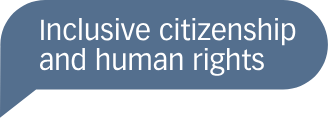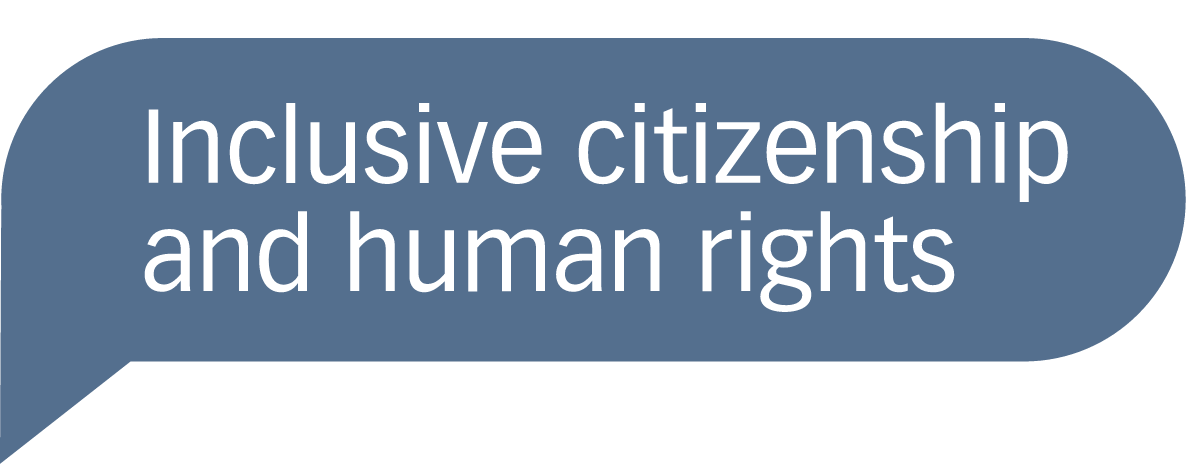
As we form our identities, we often create stories about who ‘we’ are—and who ‘they’ are. These narratives, shaped by religious, ethnic, or social divides, can lead to generalizations and stereotypes. Such assumptions influence how we view and respond to religious diversity.
On this page, we explore how narratives can both contribute to stereotypes and serve as tools to challenge them. We also highlight the importance of recognizing the internal diversity within religious communities.
Narratives & Stereotypes
Perceptions of the ‘other’, shaped by religious, ethnic, social, or national differences, often arise from limited knowledge or misconceptions about a group. Lack of knowledge and insights can lead to stereotypes, where individuals are seen through the lens of generalized assumptions. In turn, such misconceptions may deepen divisions, reinforce bias, and hinder social inclusion and mutual respect.
Dr. Claudia Lenz, Research Professor at HL-Senteret and Head of Dembra Teachers Training discusses how narratives may be used to create stereotyped images of ‘the other’.
Narrative approach: Narratives play a central role in shaping national and group identities, influencing how we see ourselves and others, both historically and today. Developing narrative competence involves the ability to analyse and deconstruct a given narrative. It also includes the capacity to create counter-narratives that challenge dominant assumptions. This process can be a powerful way to reflect on and address biases related to religious diversity. Read more here
Example exercise
After watching this film, reflect on the following questions:
- How could lack of knowledge or ignorance about diversity within religious group lead to stereotypes?
- How can encounters with people from different faiths contribute to combating stereotypes?
- Could such encounters contribute to creating stereotypes? And how can this be avoided?
Learn more about the advantages and challenges of using films in education.
This documentary follows a group of young people as they learn more about each other’s religious practices.
Challenges and Consequences of Stereotypes
There are many social consequences of stereotyping, such as group hostility and reinforcing prejudice through narratives. These harmful narratives can potentially escalate to genocide or other atrocities.
Religious minorities are often targeted by group hostility. Such hate speech does not necessarily amount to the dehumanization associated to genocide and other mass atrocities. However, hate speech and other group hostility based on religious and/or ethnic identity can be warning signals towards potential escalations into atrocity crimes.
To learn more about how stereotypes, group hostility, and hate speech directly affect social relationships and cultural narratives, browse our Hate Speech & Media Literacy page and Genocide & Mass Atrocities.
Key Challenges in Promoting Religious Diversity | Expert interview: Fernand de Varennes
Explore more
Interested in learning more about how narratives influence our understandings of religions and those who practice them?
Take our course on “Religious Diversity and Dialogue” or visit our “For educators” page for additional educational content.
To learn more about stereotypes, narratives, and religious diversity, you can browse some additional resources here:
- Claudia Lenz, Identity, Multiculturalism, and Intercultural Competence (Academic Text) (link)
- Dr. Sriprapha Petcharamesree, State Recognition of Religion and Communal Relationship (expert video) (link)
- Peder Nustad, We, the Others and Othering (academic text) (link)
- Peder Nustad, Group Hostility: About the connection between different exclusionary attitudes (academic text) (link)
- Dembra, Fact, opinion, or prejudice? (Activity) (link)
- Dembra, Excersie in Definitions – What Does It All Mean (Activity) (link)
- Claudia Lenz, Taking A Step Back – Handling Situations That Feel Challenging or Provocative (Tips/ Guidance) (link)
- ICHR project, Education for Inclusive Citizenship (article) (link)
- Claudia Lenz, Professional Competence and Professional Ethics (Academic text) (link)
- Claudia Lenz, The Teacher’s Self-Reflection (article, Tips/ Guidance) (link)
- Dembra, The Prejudice Tree (Activity) (link)
Related Resources
Find digital tools produced in cooperation with partners and researchers from different regions.



